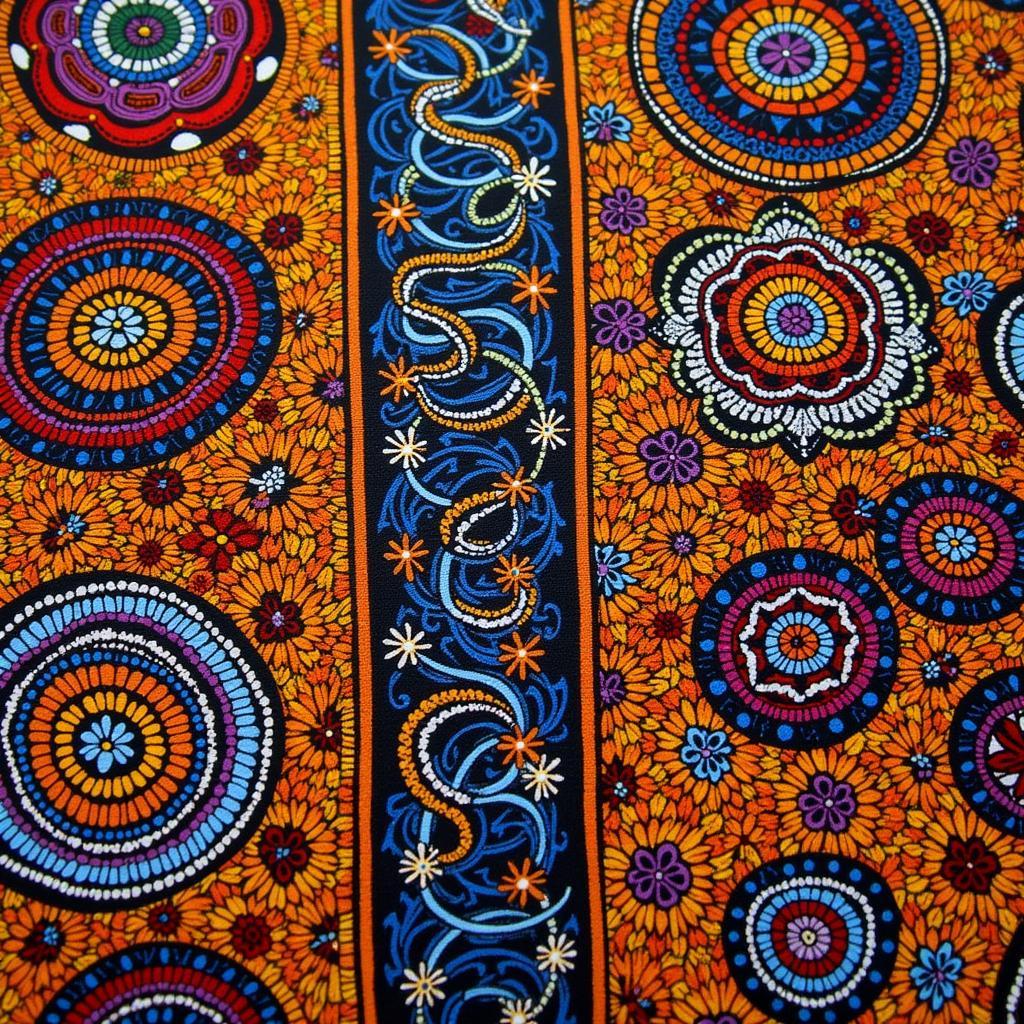African Cheetah Facts: Apex Predator of the Savannah
The African cheetah, a majestic and lightning-fast feline, reigns supreme as the fastest land animal on Earth. This iconic creature, scientifically known as Acinonyx jubatus, embodies both grace and power, captivating wildlife enthusiasts worldwide.
The Need for Speed: Unveiling the Cheetah’s Velocity
What truly sets the cheetah apart is its astonishing speed. Reaching top speeds of 68-75 miles per hour (109-120 kilometers per hour) in short bursts, these sprinters can accelerate from 0 to 60 mph in a mere three seconds, rivaling even the most powerful sports cars. This incredible acceleration is made possible by a unique combination of physical adaptations.
Their lightweight, slender bodies, coupled with long, powerful legs, are designed for speed. A flexible spine allows for an extended stride, maximizing the distance covered with each bound. Furthermore, their large nostrils and heart, along with their enhanced lung capacity, ensure efficient oxygen intake and delivery throughout their body during high-speed chases.
Spotting the Difference: Cheetah Identification and Markings
Distinguishing a cheetah from other big cats is relatively easy, thanks to their unique physical characteristics. Their most recognizable feature is their distinctive coat pattern, consisting of solid black spots scattered across a tawny or yellowish background. These spots, unlike those of leopards or jaguars, are not rosettes but individual markings.
Another key identifier is the black “tear marks” that run from the inner corner of their eyes down to the sides of their mouth. These markings are thought to help reduce glare from the sun, improving their vision while hunting. Cheetahs also have a relatively small head, high-set eyes, and rounded ears, all contributing to their streamlined profile.
A Hunter’s Life: Diet, Habitat, and Conservation Status
Cheetahs are predominantly found in eastern and southern Africa, favoring open grasslands, savannas, and shrublands where prey is abundant. They primarily feed on gazelles, impalas, and other small to medium-sized antelopes, relying on their incredible speed to chase down their prey.
Unfortunately, these magnificent creatures face numerous threats, leading to their “Vulnerable” conservation status on the International Union for Conservation of Nature (IUCN) Red List. Habitat loss due to human encroachment, poaching, and the illegal pet trade are among the most significant challenges to their survival.
The Future of the Cheetah: Conservation Efforts and How You Can Help
Various organizations and initiatives across Africa are dedicated to protecting cheetahs and ensuring their long-term survival. These efforts include anti-poaching patrols, habitat restoration, and community outreach programs aimed at mitigating human-wildlife conflict.
For those inspired to make a difference, consider supporting reputable cheetah conservation organizations, spreading awareness about their plight, and advocating for responsible tourism practices that prioritize wildlife welfare. By working together, we can ensure that future generations continue to marvel at the speed and splendor of these remarkable creatures.
FAQs about African Cheetahs
What is the average lifespan of a cheetah?
In the wild, cheetahs typically live for 8-12 years. However, in captivity, they can live up to 17 years with proper care.
Are cheetahs social animals?
While female cheetahs are generally solitary, raising their cubs alone, male cheetahs often form coalitions, typically with their brothers.
Do cheetahs roar?
Unlike lions or tigers, cheetahs cannot roar. Instead, they communicate using a variety of chirps, purrs, hisses, and growls.
You can find more fascinating facts about African animals in our article about African elephant facts for children.
For a broader perspective on wildlife conservation efforts, explore our featured article about African countries with the best wildlife.
Need help planning your African Safari?
Contact us at:
Phone Number: +255768904061
Email: [email protected]
Address: Mbarali DC Mawindi, Kangaga, Tanzania
Our dedicated team is available 24/7 to assist you with any inquiries or assistance you may require. Let us help you create an unforgettable African adventure!



